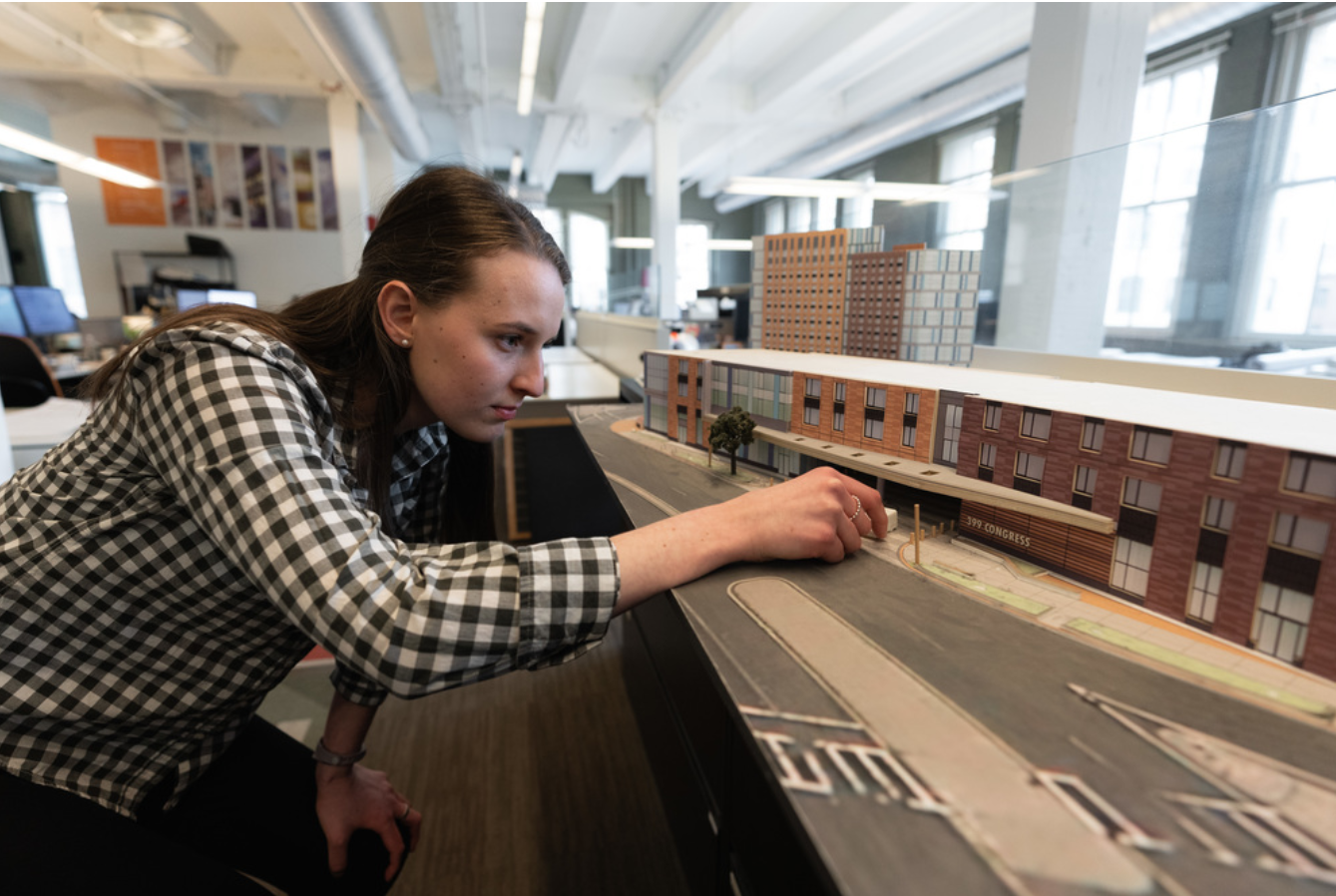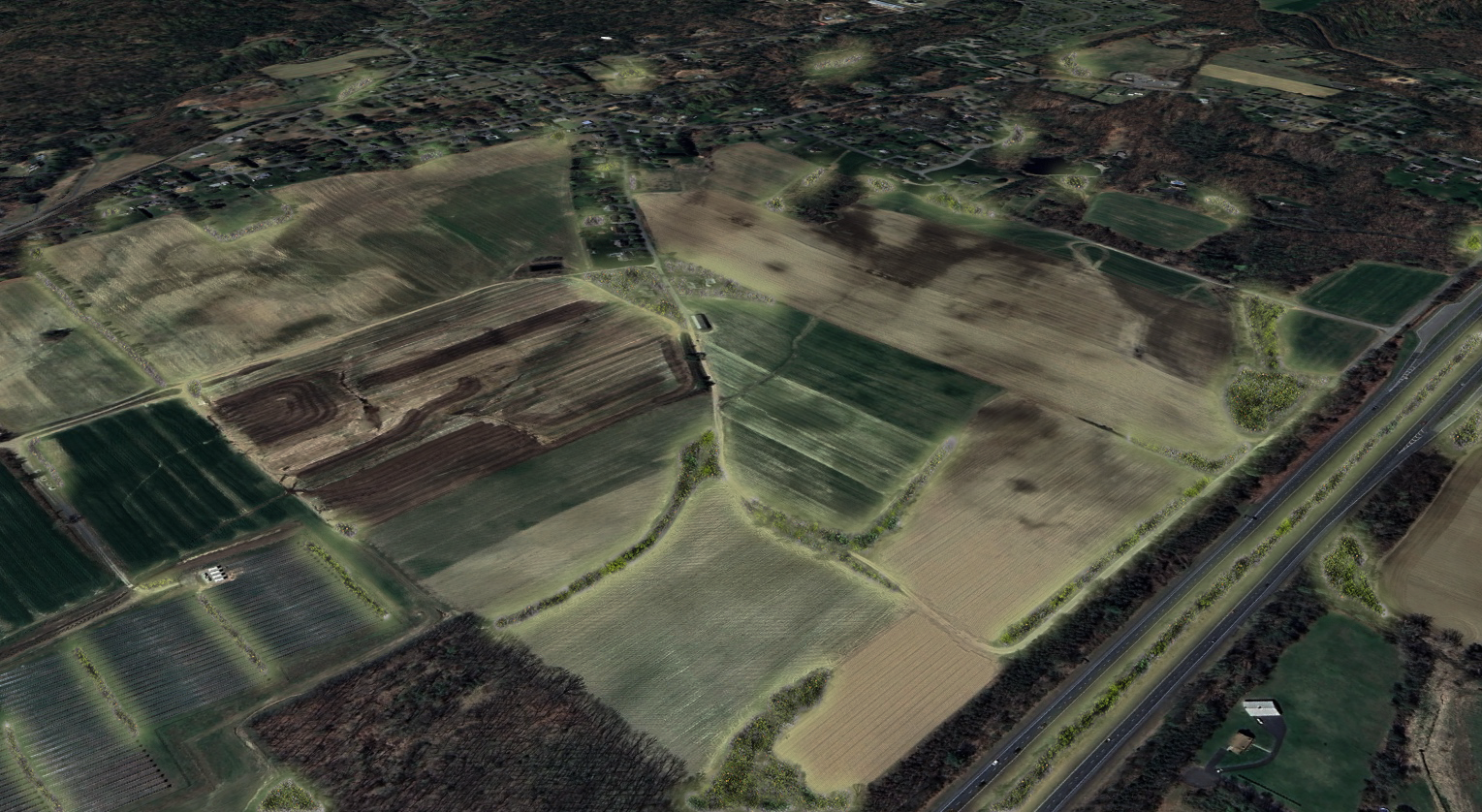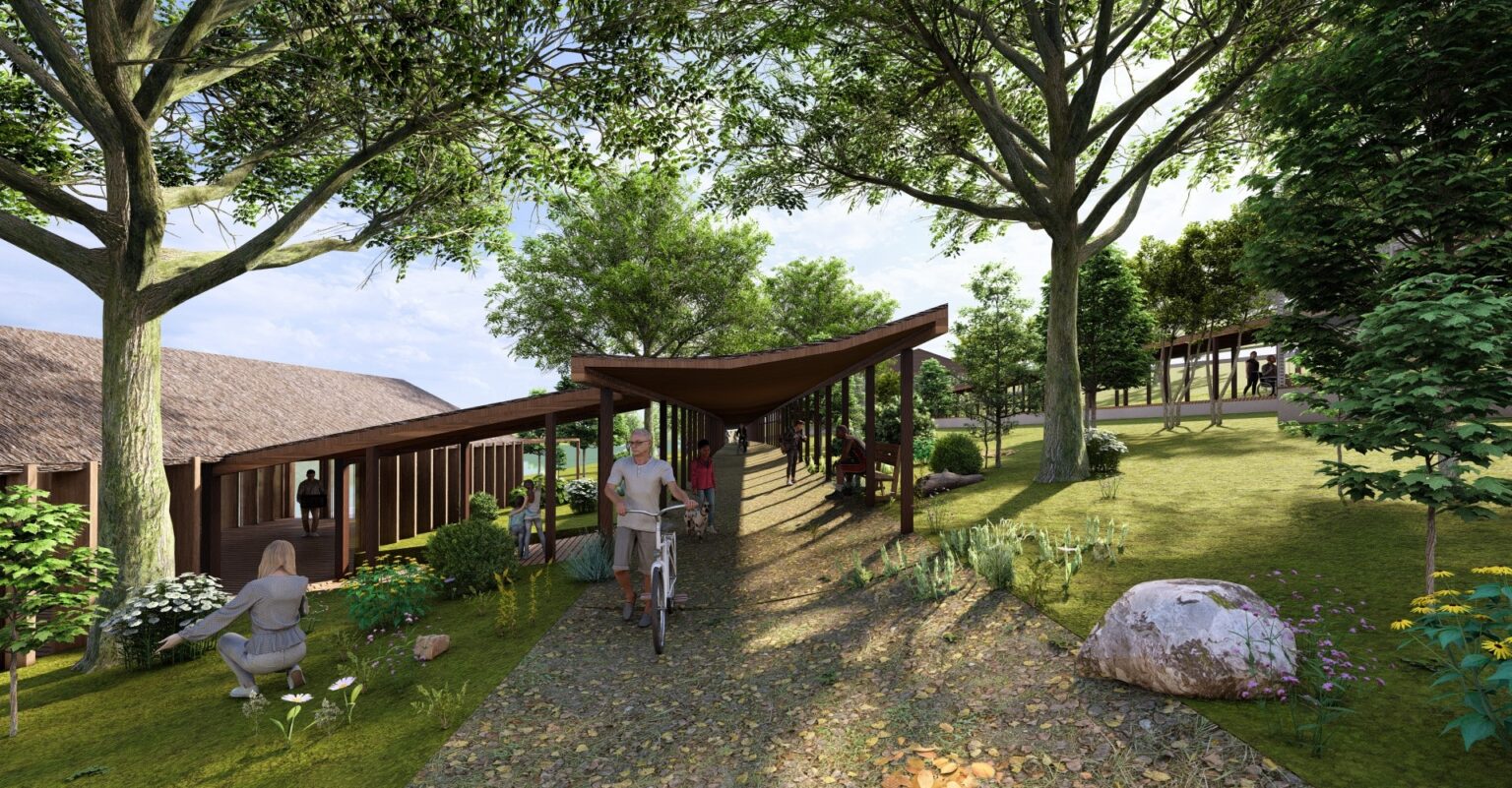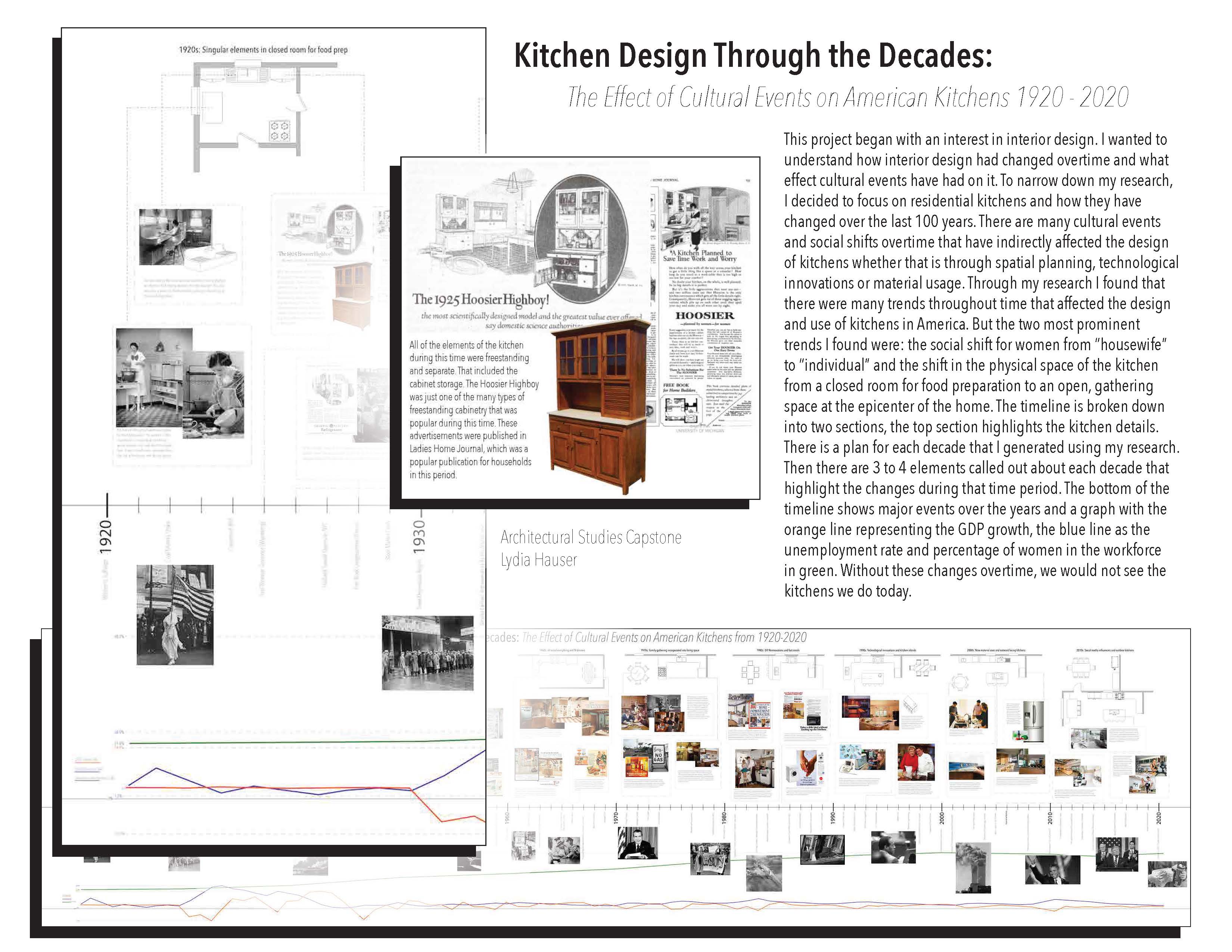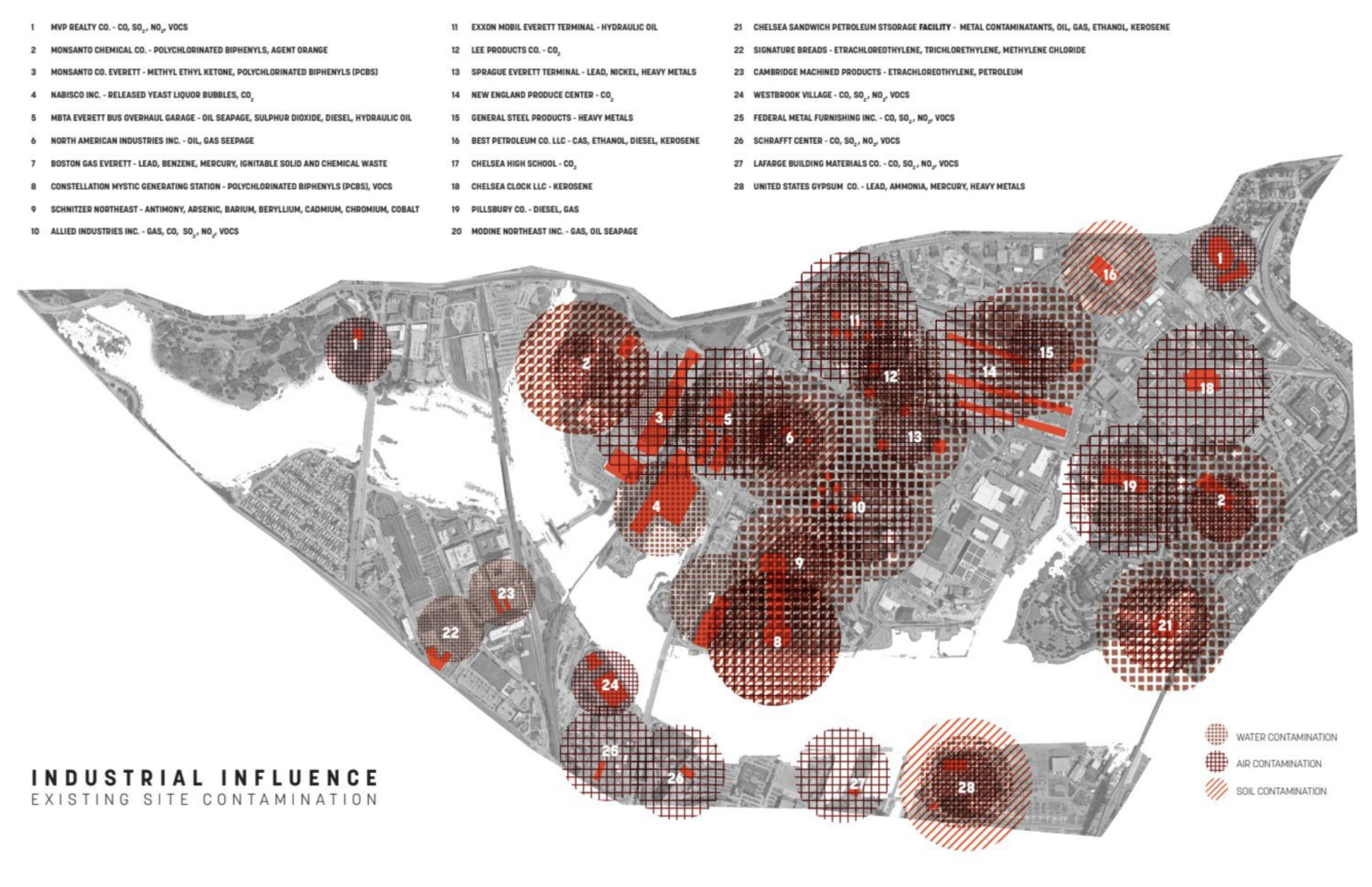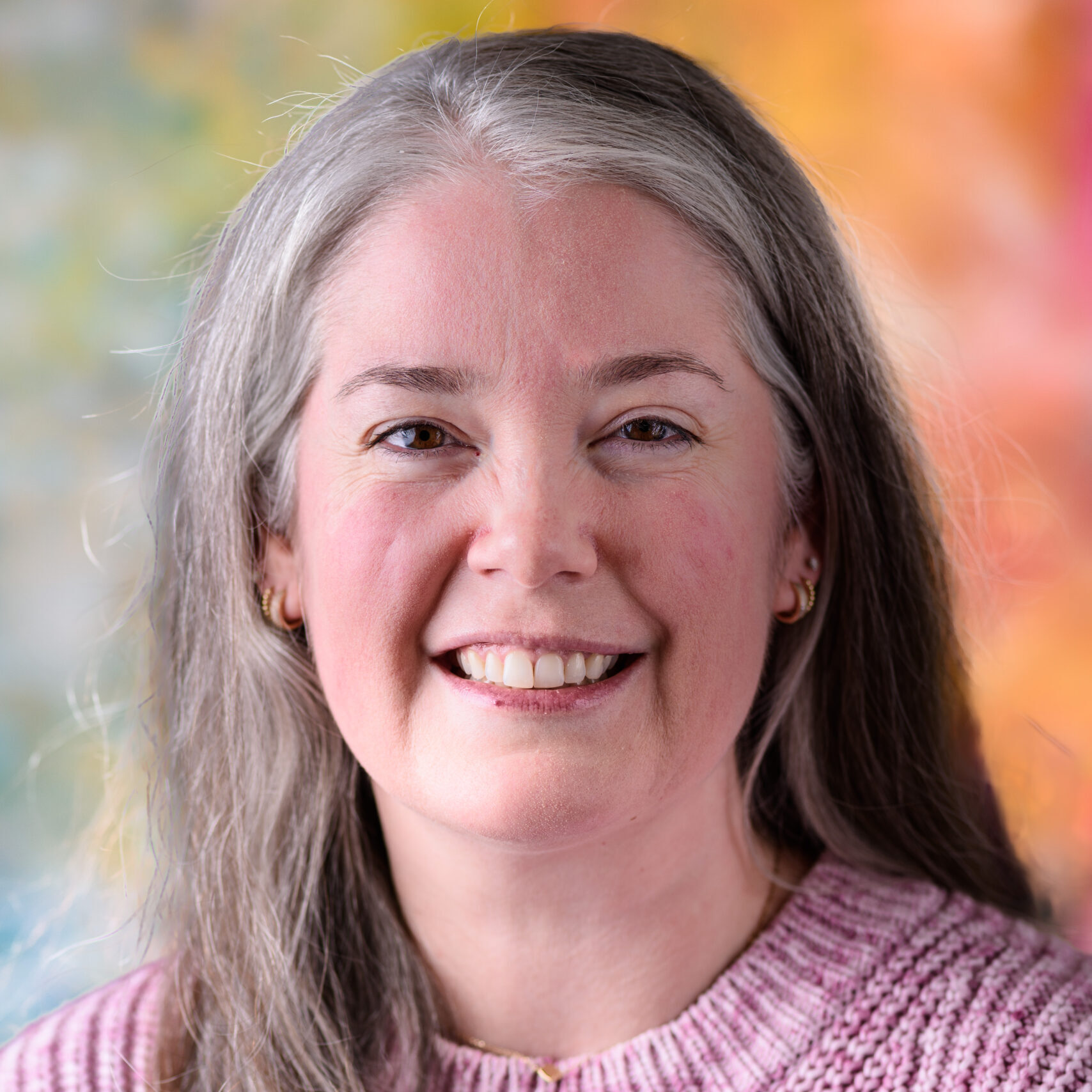Share
This innovative program combines the expertise in urban planning and policy analysis and data analytics of the School of Public Policy and Urban Affairs with expertise in physical planning, design, and data visualization at the School of Architecture. The core curriculum of the program provides students with a solid foundation in essential skills and concepts, including research design and statistics, economic analysis, legal foundations of urban planning and policy, and the history of urban development and urban planning. Students also have the opportunity to develop substantial expertise in a specialization area, including urban analytics, urban sustainability and resilience, urban design and physical planning, and urban development policy and planning.
The optional cooperative education experience (co-op) is available to eligible students. Cooperative education is central to both the Northeastern experience and to the College of Social Sciences and Humanities experiential liberal arts framework. Northeastern’s signature co-op ecosystem provides qualified master’s students with six-month work experiences in businesses, nonprofits, and government agencies in Boston and across the United States. Graduate students take their work from campus learning spaces, apply their knowledge outside of the classroom, and then bring knowledge and skills gained in community learning spaces back to our campus learning spaces during the cocurricular experiential integration course.
In addition to the co-op option, students in the MUPP program have opportunities to gain experience in the application of their knowledge and skills via internships, class projects, and a capstone research report. They graduate prepared for careers working for state and local government, federal agencies, community development corporations and other nonprofit organizations, research institutes, and as private-sector planning consultants.
For more information, visit the College of Social Sciences and Humanities.

